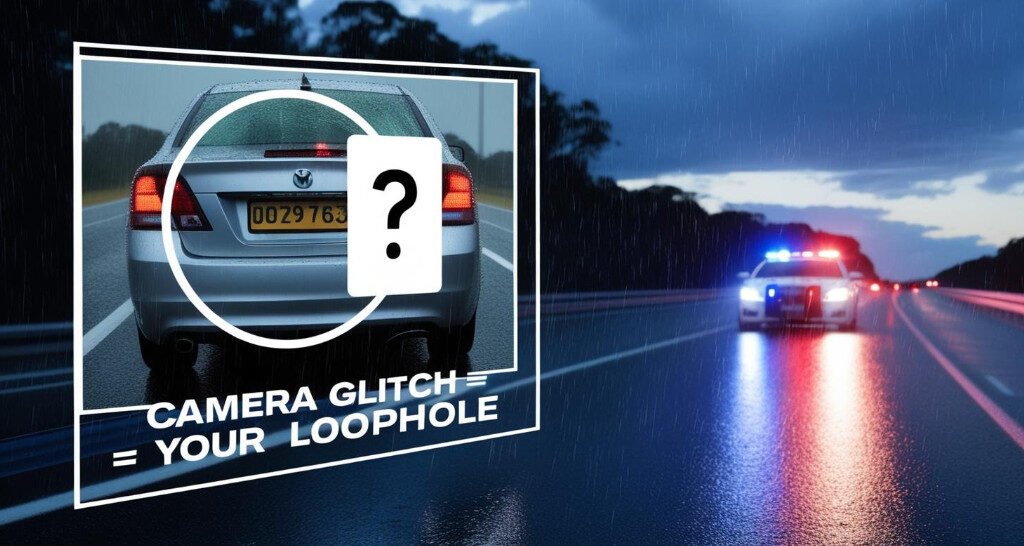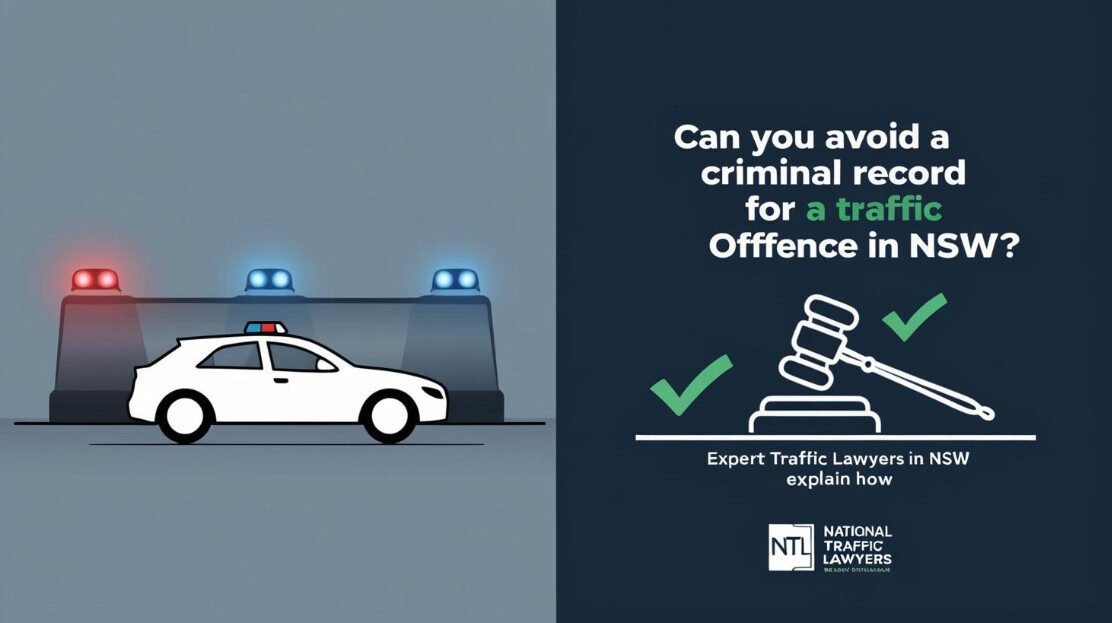Introduction to Holiday Shopping Scams
The holiday season brings increased spending, with a projected 5.5% rise in consumer expenditure compared to last year. However, the Australian Competition and Consumer Commission (ACCC) reports over $3.46 million in losses to online shopping scams already this year. Scammers are leveraging high-traffic shopping events to target unsuspecting victims with advanced methods.
Current Scam Landscape in Australia
The National Anti-Scam Centre highlights online shopping scams as one of the most prevalent threats, accounting for 50% of fraudulent websites taken down in the last three months. Christmas sales and other major shopping periods create an ideal environment for cybercriminals.
- Key Insights:
- Scammers often target high-demand items.
- Many fraudulent sites are disguised as trusted brands.
Common Types of Holiday Shopping Scams
Fake Online Stores
Sophisticated fake websites replicate legitimate retailers, offering seemingly unbeatable deals. These scams often use high-pressure sales tactics and lack essential business credentials, like ABNs and privacy policies.
Delivery Notification Scams
Australians are inundated with fraudulent SMS messages claiming parcel delivery issues. These scams direct users to malicious websites designed to steal personal and financial information.
AI-Powered Scams
Scammers are increasingly using AI technologies, including:
- Deepfakes: Fake videos and audio from trusted sources.
- QR Code Phishing: Malicious codes embedded in ads that lead to phishing sites.

Social Media Shopping Fraud
Fake profiles and hijacked accounts advertise non-existent products with unrealistic discounts.
Financial Impact of Shopping Scams
Australians lost a staggering $2.7 billion to scams in 2023, with over 601,000 reports filed. People over 65 were particularly affected, often targeted through SMS scams. The financial toll of these scams underscores the importance of preventive measures.
Essential Protection Strategies for Shoppers
- Verify Website Security:
- Look for “https://” and the padlock icon.
- Prefer Credit Over Debit Cards:
- Credit cards offer better fraud protection.
- Avoid Public Wi-Fi:
- Public networks are prone to interception.
Red Flags to Watch For
- Prices that seem too good to be true.
- Unestablished or newly created websites.
- Urgency tactics, like countdown timers.
- Requests for unusual payment methods, such as gift cards.
Legal Protection for Scam Victims
If you fall victim to a scam:
- Report it immediately to Scamwatch.
- Contact your bank to dispute unauthorized transactions.
- Document all communications and transactions.
Real-Life Examples of Online Shopping Scams
Case studies reveal common patterns, including cloned websites and AI-driven social engineering tactics. Learning from others’ experiences can help you avoid similar pitfalls.
The Role of Government and Organizations
The National Anti-Scam Centre and ACCC are actively working to combat scams by taking down fraudulent sites and raising awareness.
FAQs About Holiday Shopping Scams
1. What are the most common scams in 2024?
Fake online stores and delivery notification scams are prevalent.
2. How can I verify a website’s legitimacy?
Check for “https://,” look for an ABN, and review customer reviews.
3. Are AI-powered scams a significant threat?
Yes, they’re increasingly used to create convincing fake content.
4. How can I report a scam?
Report directly to Scamwatch and your bank.
5. What legal steps can I take if I fall victim?
File a police report and keep detailed records of all evidence.
6. How do I protect myself on social media?
Avoid clicking on unverified ads and ensure profiles are legitimate.
Conclusion
Holiday shopping should be a joyous experience, not a risk to your finances or personal information. By staying vigilant, following security best practices, and leveraging resources like Scamwatch, you can shop safely this holiday season.
Contact us at National Traffic Lawyers for expert guidance and support.
For expert legal assistance with NSW traffic matters, contact National Traffic Lawyers. Our experienced team specializes in protecting drivers’ rights and providing professional representation during these challenging periods.
- Website: nationaltrafficlawyers.com.au
- Phone: 1800 – NSW – LAW (1800 679 529)
- Email: hello@nationaltrafficlawyers.com
If you are required to go to court or need assistance fill out our online form on our website for a free consultation here
- First-Time Drug Driving Offence in NSW: Your Legal Options Explained 📔
- Mobile Phone Use While Driving in NSW: New Laws and Penalties Explained 🔎
- NSW Double Demerits Christmas 2024: Your Essential Guide to Stay Safe and Save Money
- 7 Powerful Insights into Community Correction Orders: Transforming Lives and Enhancing Public Safety
- 10 Essential Facts About Jury Duties in NSW: Everything You Need to Know





